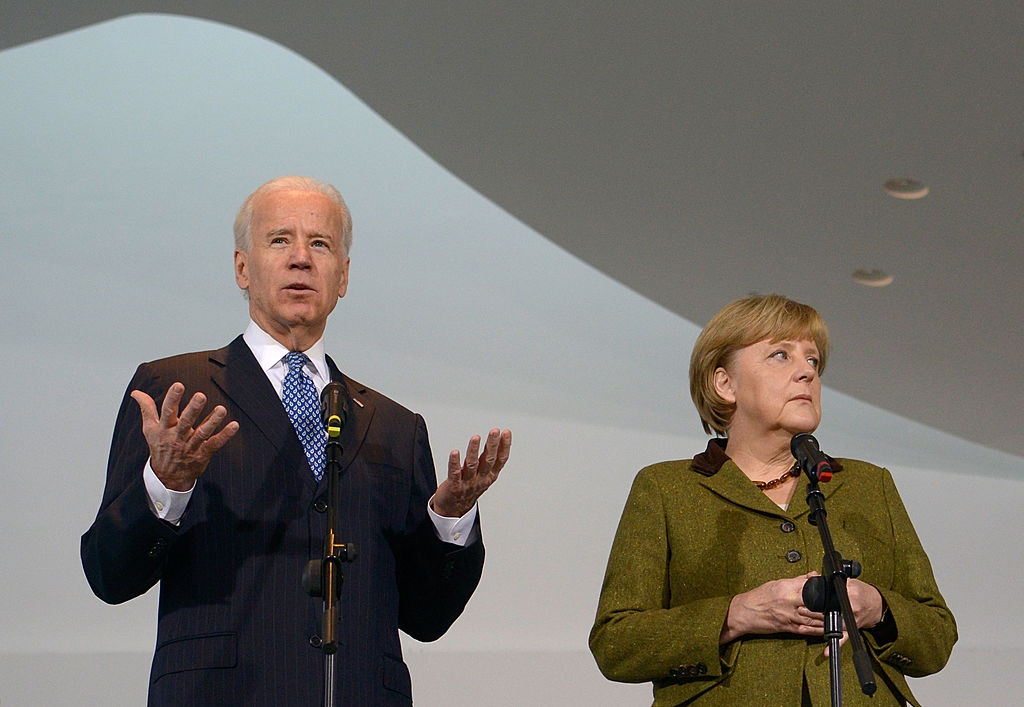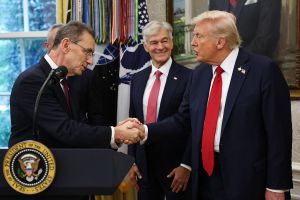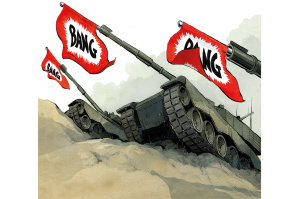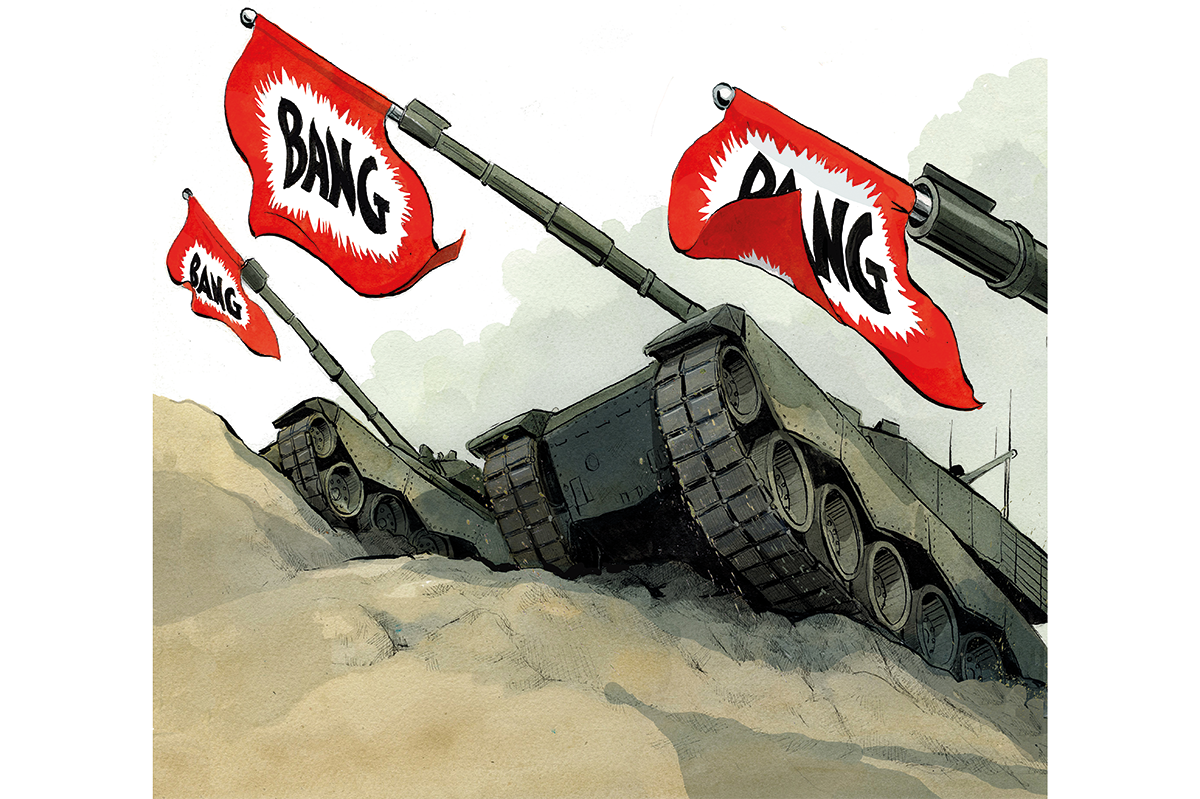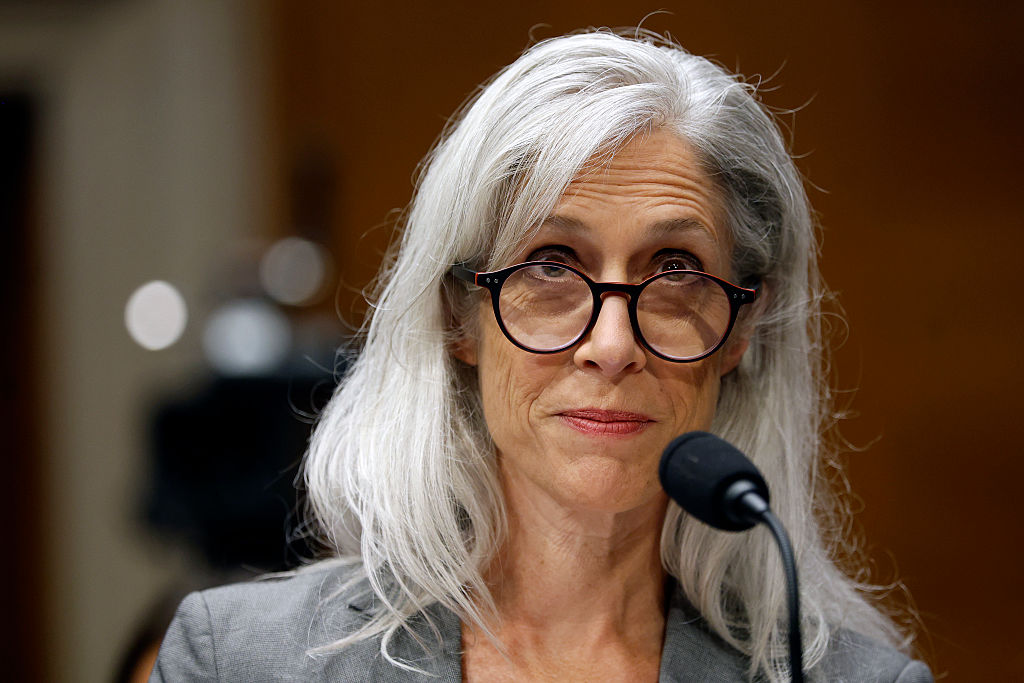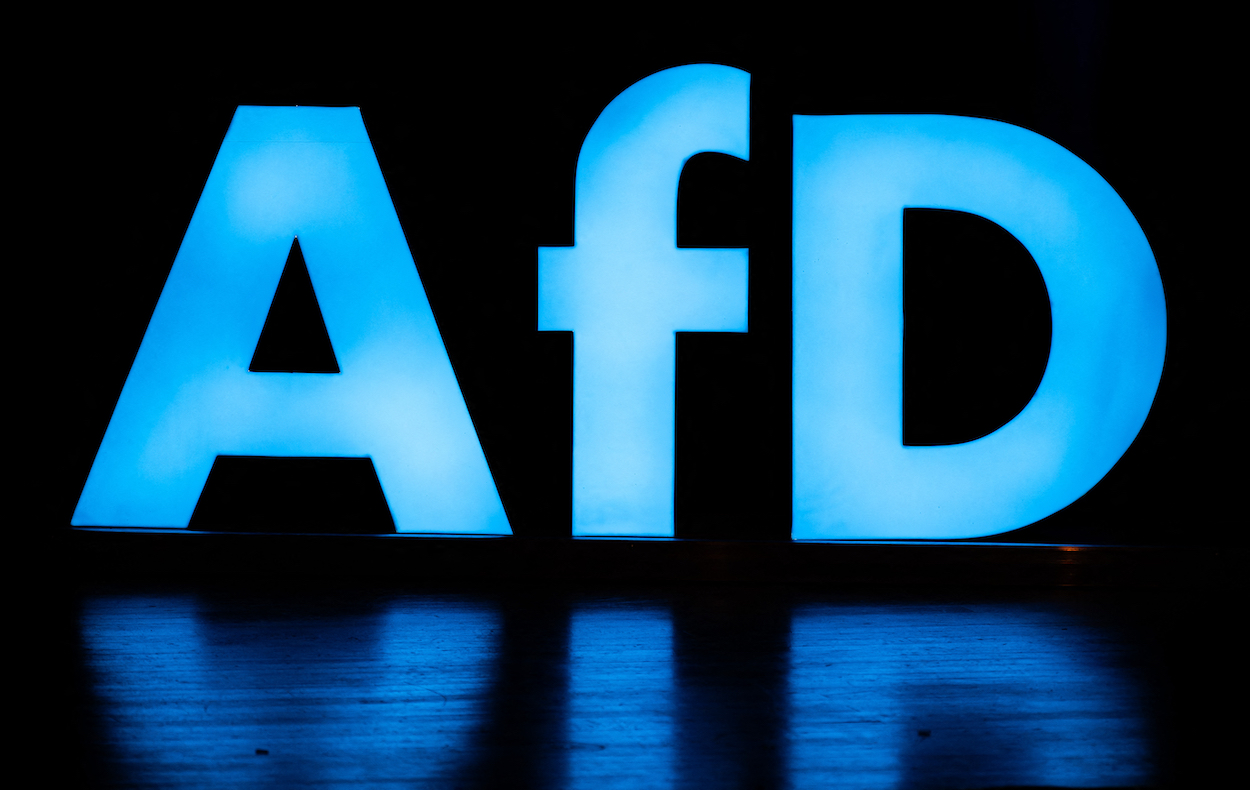She handed the vaccine procurement process over to the European Union. She didn’t invest much in new production. And she allowed an American multinational to take control of a brilliant discovery by a small German biotech company. Angela Merkel, the outgoing German Chancellor, has not had much success battling the COVID-19 crisis — and her handling of vaccines has been a catastrophe from start to finish. But she has finally got one thing right: she is defending the patents that protect the pharmaceutical industry.
In the last week, president Biden has signaled that the United States is ready to back suspending patents on COVID vaccines. The president of the EU commission, Ursula von der Leyen — usually Merkel’s mini-me — has suggested the EU is preparing to do the same. Plenty of other countries around the world, from India to South Africa, were already campaigning for a suspension, along with just about every right-on charity and anyone who has ever written for the Guardian.
A narrative is building that if it were not for a handful of greedy multinational conglomerates hanging onto patents there would be billions of doses of the Pfizer, Moderna and AstraZeneca shots available — and the pandemic would be over by now.
Merkel is about the only major leader willing to stand up to that. According to one German official:
‘The limiting factor for the manufacture of vaccines are manufacturing capacities and high quality standards, not the patents. The protection of intellectual property is a source of innovation and has to remain so in the future.’
Very true. That doesn’t mean the pharma giants shouldn’t tweak their business models. This is, after all, a global crisis. But they already are. AstraZeneca is selling its vaccine at cost. Pfizer is working with France’s Sanofi to increase output. This is not the time to be maximizing profits. But suspending patents? That would be a big mistake for two reasons.
First, there is no evidence to suggest that patents are the bottleneck. Manufacturing vaccines is a tricky process, requiring lots of specialist skills, with demanding quality control standards. Nobody can just conjure up three or four billion doses at the flick of a switch. Even without the patent issue, all the manufacturing challenges will still remain.
Next, we risk destroying the one institution that is getting us out of this crisis. Only Big Pharma combines the mixture of scientific brilliance, logistical and manufacturing expertise and access to capital, that can deliver vaccines at the speed and scale required.
Yet without patents, it wouldn’t exist, any more than publishers would exist without copyrights, or manufacturers without trade marks. Property rights are crucial for a free market economy to work — and intellectual property is the most important right of all.
If patents are suspended on COVID-19 vaccines, then why not on every other kind of shot as well? And every other drug come to think of it. That might feel good in the short-term. But very soon we will notice that less and less money is going into developing new medicines.
In truth, the pharmaceutical giants are the heroes of this epidemic, not the villains. It is to Merkel’s credit she recognizes that — and the rest of the world’s leaders should start to make that clear as well.
This article was originally published on The Spectator’s UK website.



